In this post I’m going to describe the “Cuatro Demoras” or the Four Delays in receiving adequate medical attention in the case of a medical emergency in a pregnant woman which could put her life in jeopardy, and which contribute to the high level of maternal mortality in Guatemala.
As rural Guatemalans may not have access to affordable, or readily available, ambulance services, and as many Guatemanal women, especially those living in rural locations, give birth in the home, the burden of promptly recognizing health warning signs in pregnancy is shifted on to midwives, or comadronas, in such communities and to the pregnant woman herself. Women in my town frequently elect to give birth in their home and enlist the services of a comadrona who will live in the woman’s home during the weeks she is likely to give birth, help with household chores and thus be available to attend the actual birthing event. Most, it not all, comadronas have a true passion for their work!
Furthermore, the burden of transporting a gravely ill pregnant woman to the nearest health center may fall upon her family, her neighbors and the local health commission if there is one. Thus, it is important that community members, and pregnant women themselves, understand the Cuatro Demoras, and how these delays can be avoided, and possibly save lives. The Cuatro Demoras are:
1. A Delay in Recognizing the Warning Signs in Pregnancy. Because many woman give birth in their homes in my community, and because midwives, or comadronas, have little formal education and are essentially our community’s first responders during such events, it is critical that during training sessions with midwives that we teach them, and review with them, some common health warning signs in pregnancy that indicate the pregnant woman should seek immediate medical attention. It is important that comadronas feel comfortable referring the pregnant women under their care to the health centers should it become necessary. Teaching these health warning signs to women in the community, especially to pregnant women, is also very important and will increase general awareness.
2. A Delay in Making a Decision. Even if a health warning is recognized in a pregnant woman, it may take a while for a decision to be reached. Guatemalan culture values group consensus building over individual autonomy, and it isn’t unusual for an extended discussion to be had over even a seemingly trivial matter. While group consensus building has its positives, such as fostering community pride and solidarity through the discussion process, it may lead many individuals to be hesitant to make a decision to transport a pregnant woman immediately to the nearest health center (though I am only speculating about this!). Even more so, as many people in my town do not have more than a third grade education, or television sets, many simply have had much exposure to the concept and purpose of emergency medical care for pregnant women, and how this can save lives.
3. A Delay in Traveling to a Health Center. Cost, in terms of gasoline, to get a pregnant woman to a health center to receive emergent medical attention can be a barrier to receiving life-saving medical care. The woman’s family may not have the funds available to purchase gas, their vehicle’s gas tank may be empty, the vehicle may not work, or they might not own a car. To get around this problem, pregnant woman and their families are encouraged to set aside emergency monetary funds in case they need to travel quickly to a health center. Also, one of the goals behind establishing local health commissions, or groups of community members that meet monthly to discuss health issues, is to have health commissions raise money for emergency funds so if there is a medical emergency, the money for gas, and even a working vehicle, can be located quickly. Pregnant women are also encouraged to identify the vehicle of a family member or friend they can use in an emergency.
4. Delay in Receiving Adequate Medical Attention. This final delay involves a failure of medical staff to promptly recognize and treat life threatening medical conditions in a pregnant woman.
I got these pictures of the Cuatro Demoras from an excellent handbook made by a former Maternal and Child Health (MCH) Peace Corps Volunteer, Allie Munson, for those needing lessons plans for a pregnant woman’s group.
Below is a video of a sociodrama depicting a pregnant woman who experienced all four Cuatro Demoras and eventually died due to a preventable medical condition.
Video of “The Four Delays” sociodrama
Sociodramas are a good method for acting out, and visualizing, what to do in the case of pregnant woman who needs emergent medical evaluation, and we got this particular sociodrama from Allie’s book which has truly been an excellent tool for us MCH Peace Corps Volunteers! Here is a snipet of dialogue from the sociodrama.
In addition, the task of creating an Community Emergency Plan, which could be activated to help pregnant woman who need emergent medical attention, is one of the tasks of a Community Health Commission. Here is an outline of such an Emergency Plan.
6,277 total views, 3 views today
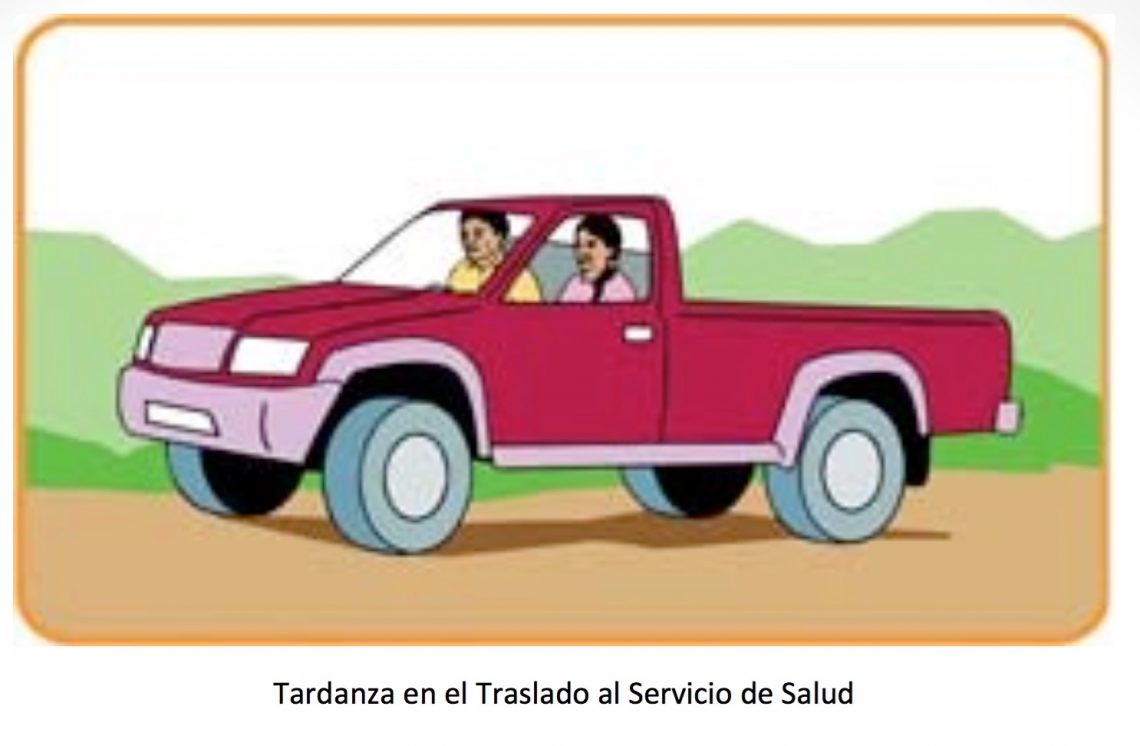
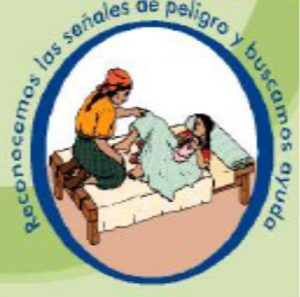
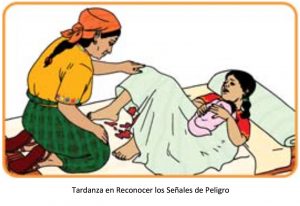
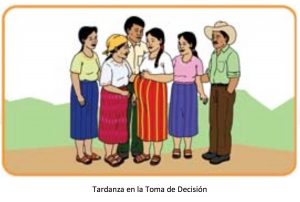
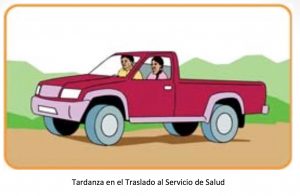
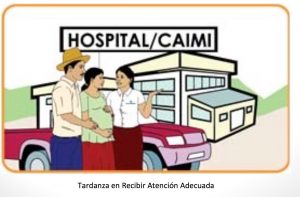
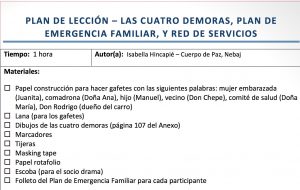
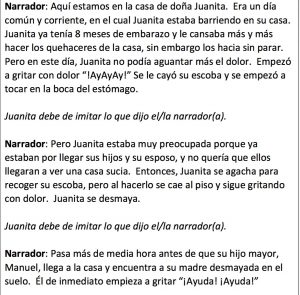
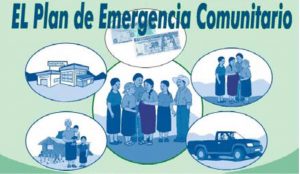
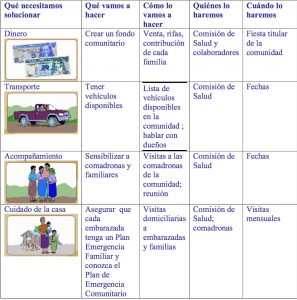


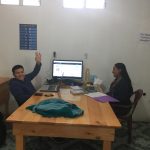


Comments by Mateo
Peace Corps Guatemala: Daily Activities 3: Women’s Group Handwashing Charla
Hi Emilio, I like your blog! I will send a postcard to ...